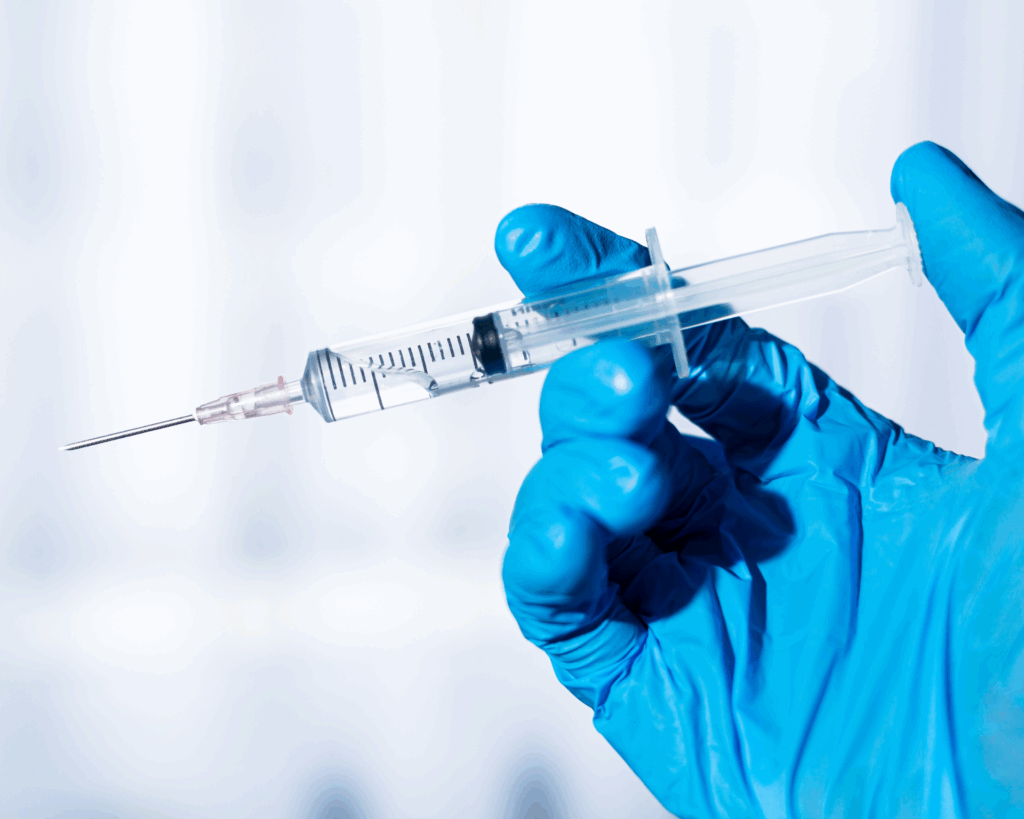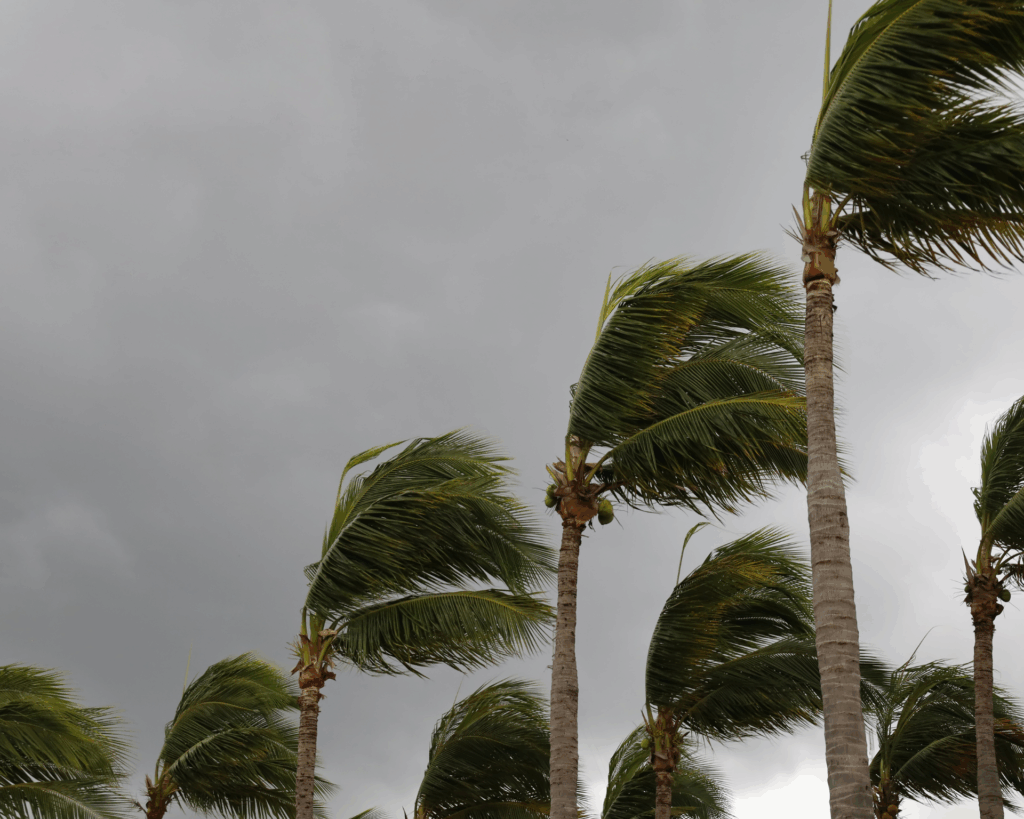Covid-19, Fraud, and Our Health
Fraud is one of the by-products of the uncertainty and fear sown by the Covid-19 pandemic and subsequent economic recession.

Read Time: 4 minutes
Published:
Fraud is one of the by-products of the uncertainty and fear sown by the Covid-19 pandemic and subsequent economic recession. This isn’t a new paradigm. Similar trends have been observed in the 2008 financial downturn and the opioid crisis. When these crises happen, public health leaders must implement cohesive strategies and clearly communicate information that communities can use to prevent and mitigate the impacts of fraud.
In the wake of the Covid-19 pandemic, the Federal Trade Commission detected fraud schemes targeting state unemployment systems. They also received reports on over $100 million in fraud losses.
Equally pernicious are the fake Covid-19 tests and misinformation peddled by fraudulent actors. In early March, as the Covid-19 pandemic took hold, an estimated 1 million “robocalls” were detected per day – sometimes more. They spread misinformation about public health responses and offered fake testing services. Not only do these calls spread disinformation, they also impede local the ability of departments of public health to perform Covid-19 contact tracing and tracking. In an effort to avoid scams or phishing calls individuals are either ignoring potential contact-tracing calls or are unwilling to provide crucial personal information to contact tracers.
This level of fraud and misinformation was able to take root in part because of confusing messaging from public health officials and disinformation from the white house. These blunders left people vulnerable to scammers, who sell fake Covid-19 tests and treatments and fraudulently collect medical and insurance information.
Drivers of Vulnerability to Covid-19 Scams
At the best of times, marginalized populations, especially African Americans, face numerous barriers to accessing quality health care information and services. They are more likely to be uninsured, to not have regular primary care physicians, and to live in areas with poor health infrastructure. In the context of a pandemic combined with a surge in unemployment, losses of employer-based insurance, and expiration of enhanced unemployment benefits, these barriers to health care services are heightened and can push these communities into the arms of predatory fraudsters. The Federal Bureau of Investigation (FBI) has noticed increases in fraudulent “pop-up sites” that offer fake, quick test results in exchange for cash in underserved areas.
Public health officials and policymakers must address historic injustices, allocate significant and necessary health and social service resources to underserved communities, and distribute them in a way that is culturally sensitive to the communities’ preferences and needs.
Black and Latinx neighborhoods have less access to Covid-19 testing sites compared to their white and wealthier counterparts. In some areas, African American patients are effectively screened out of the testing process due to strict requirements including doctor referrals, appointment scheduling, and a narrow set of qualifying symptoms. These strict requirements are difficult to obtain in communities with high rates of poverty, poor community-provider relationships, and limited access to health care professionals.
In addition to the barriers in accessing Covid-19 tests and treatments, the poor engagement by major hospitals and historic structural inequities faced by these populations adversely affect health literacy and access to credible health information, making them ill-prepared to identify and combat misinformation and health care fraud.
Addressing Covid-19 Fraud
Fake tests are harmful in many ways and often target patient information in an effort to bill their health insurance. Unfortunately, the patient may ultimately be on the hook for paying for the fraudulent test, creating more bills for people struggling to stay afloat amidst the pandemic.
Scams targeting isolated groups, such as the elderly, rely on a lack of awareness to sell their scheme. Increasing awareness can be key to stopping it. To that end, the FBI and the Office of Health and Human Services have issued guidance to help identify and report fraud. In addition, public health departments can increase their local presence and impact by partnering with local organizations and improving their community engagement. Communities often know their most at-risk members and can help health professionals and organizations reach them more effectively.
Education is just the first step to addressing this challenge. Public health officials and policymakers must address historic injustices, allocate significant and necessary health and social service resources to underserved communities, and distribute them in a way that is culturally sensitive to the communities’ preferences and needs.
Photo via Getty Images




